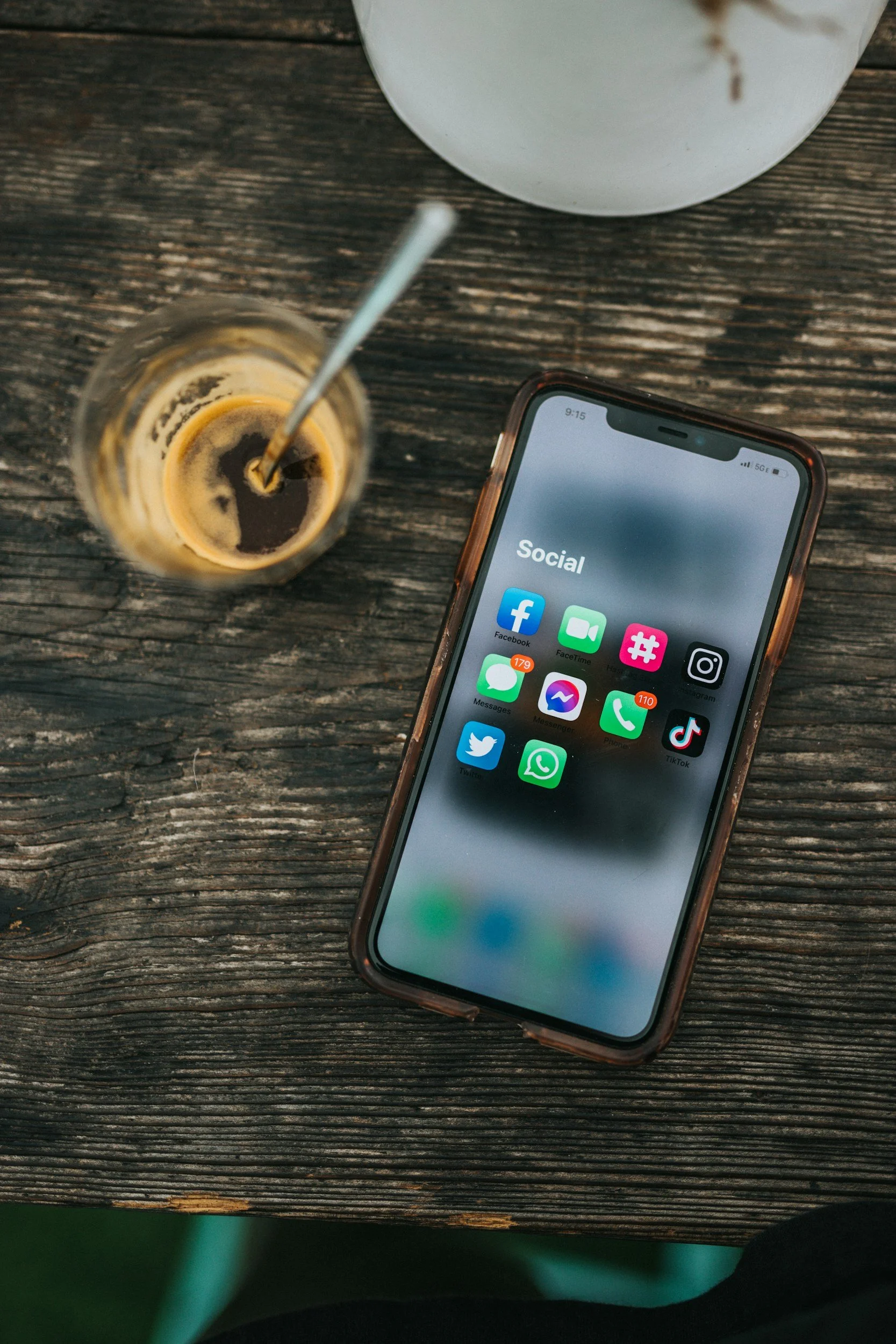By Jennifer Shell
As we are approaching the end of the school year with summer around the corner, there are numerous extracurricular activities and camp opportunities available for children. This is an opportunity for them to develop communication skills and self-advocacy.
Alongside the typical checklist for camp preparations, such as bug spray and sunscreen, consider preparing for scenarios where your child may need to speak up about communication needs and otherwise self-advocate so they can fully participate.
In some cases this might be the first time your child has had an opportunity to talk about their hearing loss in an environment outside their familiar school or neighborhood setting. It’s natural for others to be curious and ask questions about why they are wearing “those things” on their ears or head and a great way for them to authentically practice the skill of educating others about hearing loss and the benefits of hearing assistance technology such as hearing aids, cochlear implants, and FM and remote microphone options.
Help them prepare for potential questions and situations they might encounter at camp. Think about the social situations your child might encounter at camp and practice role-playing conversations to build their confidence in responding to questions, such as “What’s that on your ears?” and “Why do you have to wear a hearing aid/cochlear implant?”
Try role-playing asking and answering questions so your child is prepared for situations that may crop up at camp. Credit: @phammi/Unsplash
Assist your child in being able to give a basic description of the technology they use and how it helps them. Brainstorming situations and additional questions together is a great way to ease your child’s fear and anxiety and include them in the preparation for attending camp.
Accommodating a hearing loss at camp is similar to accommodating a hearing loss within a classroom but requires consideration of different situations. For example in a classroom a student might advocate for preferential seating, the use of captioning, or increasing the use of visuals.
But while on the go during camp activities those same considerations might translate to the following: reduce the group size, use a personal FM or remote microphone, and enhance speech-reading conditions—such as being sure there’s a clear view of the mouth, no gum chewing, and grooming facial hair so the speaker’s lips can be seen clearly.
In the classroom you might pre-teach vocabulary, while at camp you might review the expected directions and/or routine for various activities so your child knows what to expect and is familiar with what will occur.
If your child is old enough, review basic troubleshooting items for changing or charging batteries, replacing wax guards, and pairing a remote microphone with hearing devices. If they are not old enough to do this themselves, review with them how to speak up and ask for help. For instance, they may need to communicate that their equipment needs charging overnight. If your child has a cochlear implant having a backup battery option in addition to rechargeable batteries is beneficial.
Finally, if your child will be participating in water activities where they will be unable to wear equipment and be without sound, it is helpful to review water safety rules and ensure the camp staff provides safety equipment, in addition to a supervisor or swim/water buddy.
If your child is wearing water-resistant equipment it is important to review procedures and take additional precautions for keeping equipment on, such as purchasing clips, utilizing toupee tape, headbands, etc., during water activities to ensure that it is not lost or damaged.
For example, you may allow your child to wear their processor in the swimming pool where items can be more easily retrieved if it should fall off—but not in a river or sliding down a water slide where it may be harder to locate.
Parents can advocate that camp programs and staff use visual signals that accompany audio signals like a color sign (red means stop or get out of the pool, yellow means come check in with an adult, green means it’s okay to get in the pool), or a light alert in addition to a lifeguard whistle to remind the campers of procedures.
Just like captions on videos aid communication for everyone, visual signals to accompany audio cues out in the field at camp can actually enhance the communication and safety for all campers, not just those with hearing loss.
By practicing these skills and making necessary arrangements, you can help your child with hearing loss gain independence and have a positive camp experience.
Jennifer Shell, M.DEHS., CED., LSLS Cert. AVEd., lives in Texas. She has a genetic hearing loss and has been a Deaf educator for two decades, including now at the Hill Country Special Education Co-op serving several rural districts.








These findings suggest that the ability to integrate what is seen with what is heard becomes increasingly important with age, especially for cochlear implant users.